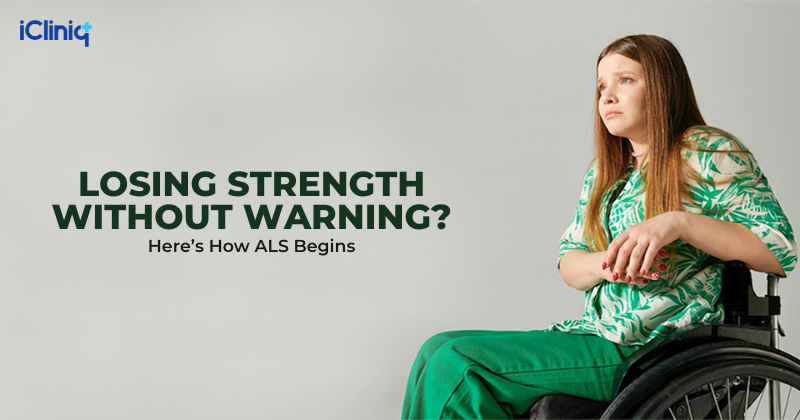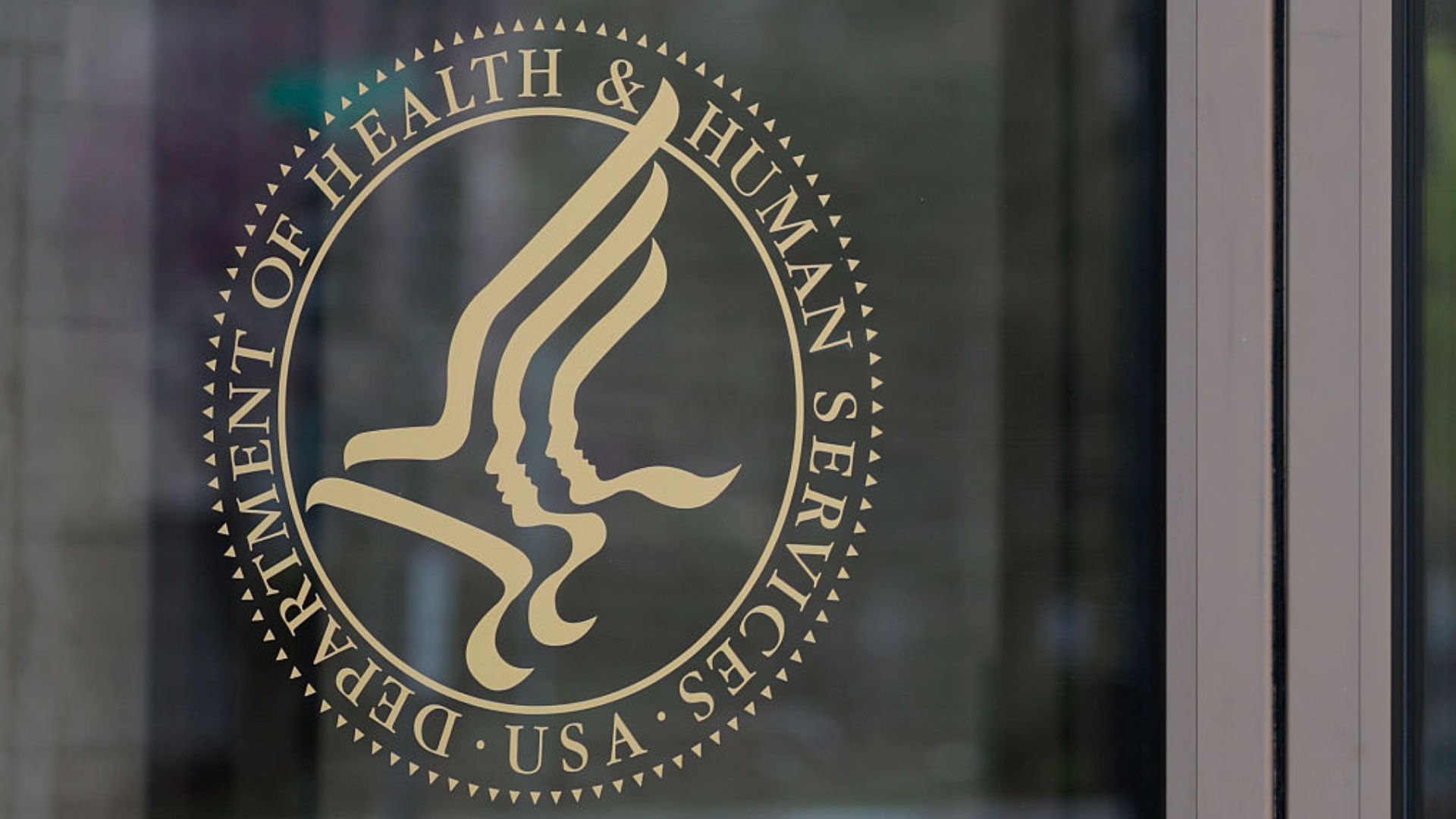Patients expect clear information about their insurance coverage when they visit their healthcare provider, but too many leave feeling confused and financially underprepared. Experian Health’s State of Patient Access 2024 survey reveals that 56% of patients struggle to make sense of their insurance coverage without provider assistance, while 61% say improving coverage explanations is the most urgent challenge in patient access. For providers, the financial fallout from missed insurance eligibility checks is even more pressing, with 15% of providers citing eligibility issues as one of their top three reasons for denials. Accurate eligibility checks are crucial to keep the revenue cycle on track. This article highlights common challenges and current best practices for improving eligibility verification. Could automated insurance eligibility checks give patients and providers the financial clarity they’re looking for?
What are insurance eligibility checks?
Insurance eligibility checks are carried out pre-service to confirm that a patient has active insurance that will cover their planned treatment and care. Verifying insurance status, coverage details and benefits in advance ensures that the proper claims and bills are sent to the right recipient. Patients and providers get early warnings of coverage limitations and potential out-of-pocket costs, which helps patients access care without any financial surprises.
Without these checks, healthcare organizations may deliver services to patients without active coverage — and with no clear path to payment. Therefore, a reliable eligibility verification process is essential to minimize the claim denials, rework and billing errors that often stem from inaccurate insurance information.
How do insurance eligibility checks impact revenue cycle management?
In the healthcare revenue cycle—which revolves around who pays, when and how—insurance eligibility checks are a first line of defense against revenue leakage. They’re a proactive step toward establishing smooth claims and collections processes so no dollar goes uncollected or is lost to avoidable admin overhead.
Prioritizing robust eligibility verification systems, as patient survey respondents advocate, is not just an operational necessity; it’s a strategic safeguard against slow payments, patient dissatisfaction and financial instability.
The insurance eligibility check process
The eligibility verification process typically begins by confirming the patient’s contact information to match their insurance card and electronic health record details. Staff then initiate an eligibility request to confirm active coverage. Once confirmed, they check that the plan covers proposed services, including any pre-authorization requirements, and review coverage limits to ensure the patient hasn’t exceeded annual or lifetime caps. If applicable, providers also cross-check for Medicare eligibility using the Medicare Beneficiary Identifier (MBI) to identify any additional coverage.
Common challenges with insurance eligibility checks
Findings from Experian Health’s State of Patient Access and State of Claims surveys illustrate the extent of the eligibility challenge, pointing to three main areas for improvement:
Outdated or incomplete insurance information
Sometimes, the insurance details in the provider’s system don’t match the payer’s record. Patients may change jobs, switch insurance plans, or have secondary coverage they didn’t know about or forgot to mention. If these changes aren’t caught up front, it can lead to claim rejections and billing delays. Besides the obvious problem of lost revenue, this challenge incurs extra work: 43% of providers report that incomplete checks add at least 10 minutes per eligibility check.
Changing payer policies and pre-authorization requirements
Keeping up with each insurance provider’s prior authorization requirements is challenging, especially if the patient’s treatment is urgent. Missing a necessary authorization can lead to a denial, delayed payment and extra work. More than three-quarters of providers say payer policy changes are increasing, but only 10% are using automated tracking as part of their denial management strategy. Is there an opportunity to automate prior authorizations and eligibility verification to tackle denials?
Inadequate tools to verify eligibility
More than 7 in 10 providers say their organization runs eligibility checks quickly and accurately, but significantly fewer think their revenue cycle management technology is as good as it could be. 59% of providers are using at least two different solutions to collect all the necessary patient info for a claim submission. Tool overload is a real problem, as staff must wrestle with different platforms, processes and logins to get the eligibility information they need.
Best practices for effective insurance eligibility checks
To tackle these challenges, providers can use automation to streamline their verification workflows. Some key practices for more reliable and efficient insurance eligibility checks include:
- Automate real-time eligibility checks for faster, more precise verification:For example, Eligibility Verification automatically verifies insurance coverage and plan-specific benefits information before and at the time of service. This not only speeds up registration, but also catches any potential coverage gaps before services are provided. Automation also helps minimize manual work and reduces the risk of human errors that can lead to claim denials.
- Track payer policy changes automatically: Insurance verification software helps providers keep up with ever-changing payer requirements. Eligibility Verification connects to more than 900 payers with advanced search, to maximize the likelihood of matching patient information. This can be used alongside Experian Health’s automated pre-authorization tool, which dynamicallyupdates national payer prior authorization requirements and flags when something is missing.
- Give patients upfront, automated price estimates: More than 80% of patients say upfront pricing estimates help them prepare for costs. Automating eligibility checks and patient payment estimates help patients understand their coverage, co-pays and deductibles, so they know what to expect when their bill arrives. This improves transparency, boosts patient satisfaction and accelerates collections.
Implementing these best practices helps ensure smooth claim submissions and reduces denials due to eligibility issues, ultimately supporting a healthier revenue cycle.
Case study: How Providence Health found $30M in coverage and reduced denial rates with automated eligibility checks
Within just five months of implementing Eligibility Verification, Providence Health had saved $18 million in potential denials. Read the case study to see how automated insurance eligibility checks reduced denials, increased staff productivity and boosted patient satisfaction.
How Experian Health can help healthcare organizations improve eligibility checks
While healthcare affordability remains a pressing concern for patients and providers, quickly and accurately verifying insurance eligibility will remain among the top priorities for both groups. Experian Health aims to simplify the process with automated Eligibility Verification. In addition to reducing payment delays and denials, its streamlined workflows support higher patient volumes, especially as patients have more complex insurance arrangements and take on greater financial responsibility.
One significant advantage is the ability to provide extra support for the growing number of patients who may be eligible for Medicare. Medicare eligibility checks can be complicated, particularly if patients don’t know which component they qualify for. Eligibility Verification includes an optional MBI lookup service to find and validate the patient’s MBI number without requiring a manual search.
Find out more about how automating insurance eligibility checks verifies coverage quickly and accurately — giving patients and providers early clarity about how the cost of care will be covered.
Publisher: Source link









